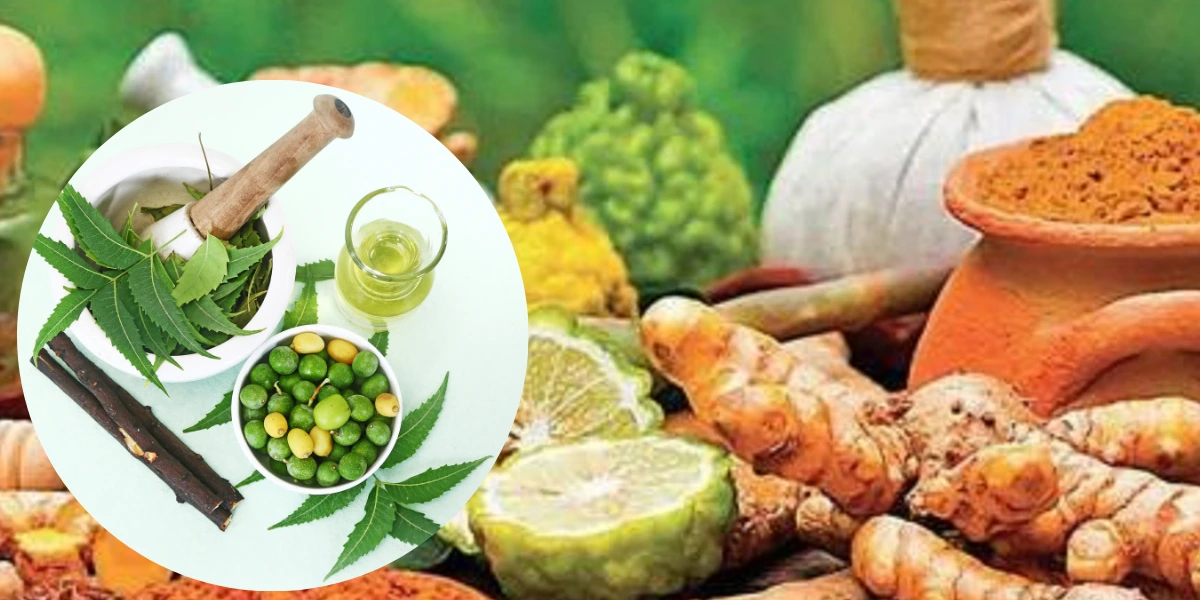
Piles or hemorrhoids, are veins in the rectum or anus that become swollen due to constipation, straining or not getting enough exercise. Though medicine helps momentarily, Ayurveda stresses that eating properly can treat the main reason for piles. Eating according to your dosha in Ayurveda can help you prevent and treat hemorrhoids by improving your digestion, lowering inflammation, and ensuring regular bowel movements.
In this blog, we’ll focus on Ayurvedic diet tips that can stop piles and also help with their treatment.
Why It Helps:
Eating fiber is a good way to both prevent and treat piles. It helps loosen the stool, making bowel movements smoother and less stressful, which is one of the main reasons for hemorrhoids.
Foods to Include:
A diet high in fiber improves digestion and lessens the chance of developing piles because it prevents constipation.
Why It Helps:
Proper hydration can help you avoid hard stools which often lead to constipation. Water helps soften your stools, so they are easier to pass and you don’t experience strain.
Tips:
One of the easiest and best ways to treat piles naturally is to drink enough water.
Why It Helps:
If you eat foods that are very spicy or oily, it can upset the Pitta dosha and result in irritation in the digestive tract. This may increase the burning, discomfort, and swelling that come with piles.
Foods to Limit:
It’s better to choose soft and easy-to-digest meals that won’t put stress on your digestive system.
Why It Helps:
Ayurveda recommends eating foods that cool you down and reduce inflammation to balance the Pitta dosha. They can ease irritated areas, reduce inflammation, and stop piles from flaring up.
Foods to Include:
You can calm down internal heat, reduce swelling, and stop hemorrhoids from worsening by eating these foods.
Why It Helps:
According to Ayurveda, the strength of your digestive fire (Agni) is important for your health. Warm, cooked meals are better for your digestion than raw or cold foods, which can be tough on the system.
Tips:
Eating warm foods makes it easier for your body to get the nutrients it needs because your digestive system is not overworked.
Why It Helps:
Ayurveda uses herbs that aid digestion and lower inflammation, which are important for treating piles.
Herbs to Include:
You can use these herbs in your meals to help your digestion and reduce the pain of hemorrhoids.
Why It Helps:
Sugar, salt, and preservatives found in processed foods can upset digestion and lead to constipation, which can worsen piles.
Recommendation:
Try to eat whole foods as often as you can. Try to eat fewer processed snacks, fast food, and sugary drinks to avoid problems with your digestion that could make piles worse. Choosing whole foods that have natural fiber is better for your digestive health.
Why It Helps:
If you consume too much salt, your body may lose water and become constipated. Natural salts are suggested by Ayurveda to help keep the body’s fluids in balance and aid digestion.
Tips:
Reducing the amount of salt you eat can support your digestion and help prevent constipation, which is important for managing piles.
Why It Helps:
If you eat too much, your digestive system may struggle, which can cause constipation and make hemorrhoids worse.
Tips:
Moderate eating supports your digestive health and helps prevent or reduce hemorrhoids.
Eating a balanced diet according to Ayurveda can help you prevent and control piles. Concentrating on foods rich in fiber, drinking enough water, taking soothing herbs, and eating meals that help digestion can help you feel better from hemorrhoids. Staying away from spicy, oily, and processed foods can help keep piles from flaring up.
Following these Ayurvedic diet tips every day can improve your digestion, make bowel movements easier, and assist in managing piles. If you still have symptoms, you might want to see an Ayurvedic practitioner for advice on the best diet for your body type.